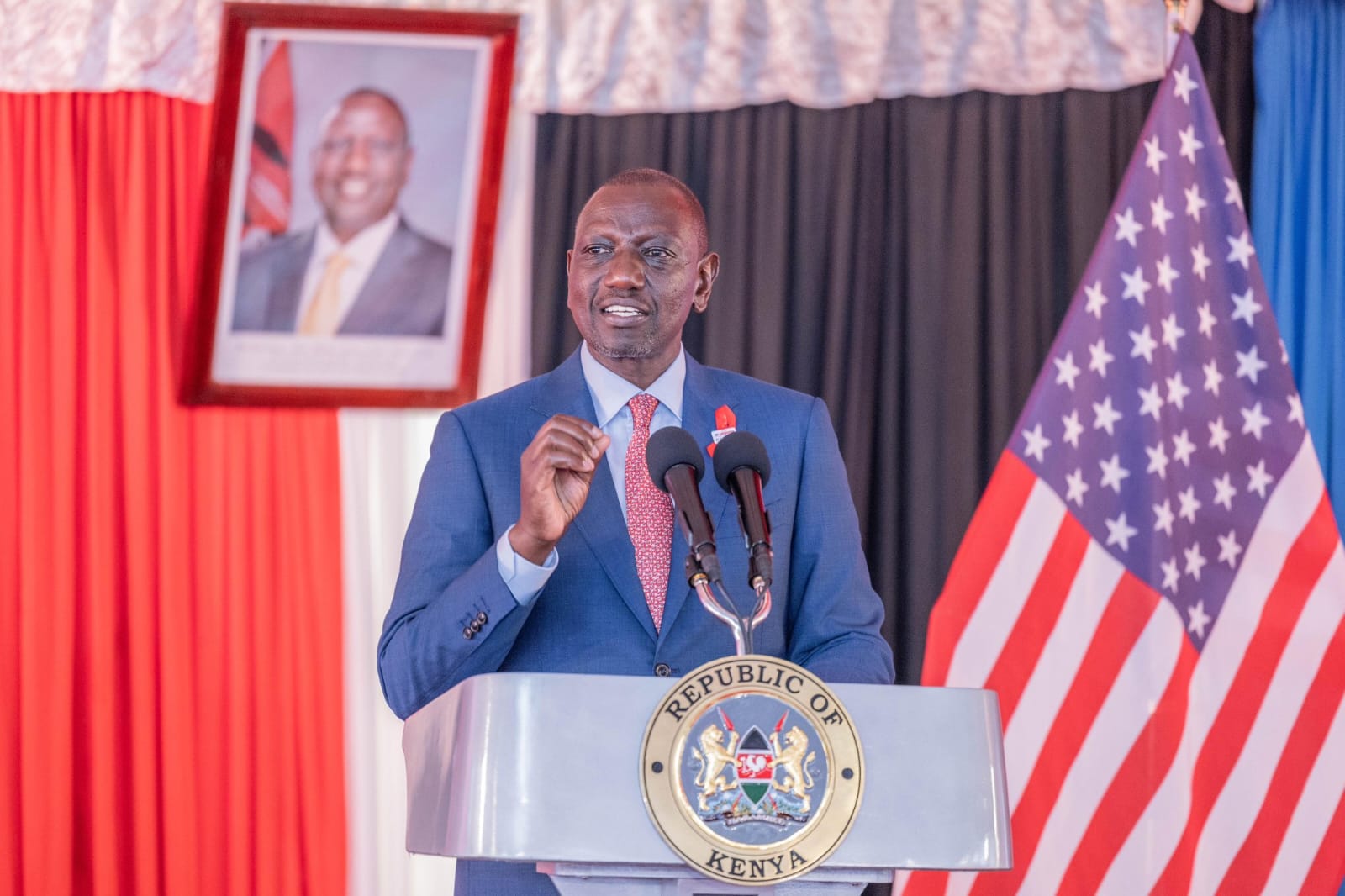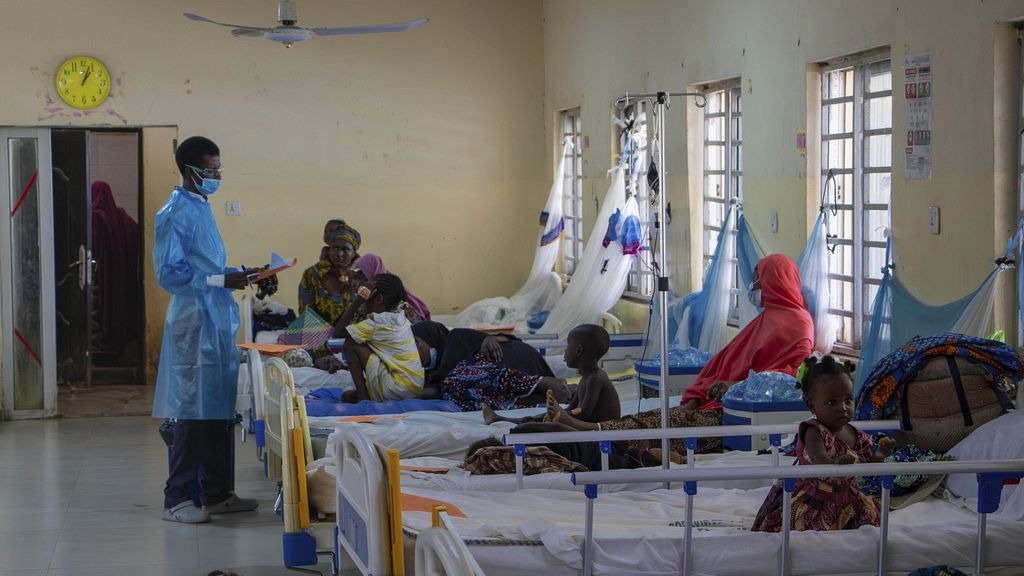Nigeria’s Minister of Solid Minerals Development, Oladele Alake, has outlined fresh commitments and reforms aimed at attracting investment and accelerating growth in the country’s mining sector. Speaking at the Mines & Money Conference in London, Alake emphasized the need to streamline business transactions, enhance security in mining operations, and capitalise on Nigeria’s abundant mineral resources.
Citing a report by audit firm KPMG, Alake highlighted the positive growth of the mining sector, with its contribution to Nigeria’s GDP increasing from 0.3 percent to 0.85 percent last year, representing a year-on-year growth rate of 0.63 percent. He underscored the country’s geological potential, which encompasses over 44 distinct mineral types across more than 500 locations, including the newly recognised strategic mineral, lithium.
The Minister emphasised the administration’s commitment to reforms aimed at attracting foreign investment. These reforms include streamlining procedures, reducing bureaucratic hurdles, and creating a favourable environment for solid minerals development. Alake also highlighted recent progress in data collection through partnerships with organisations like the Airborne Geophysical Survey and German firm Geoscan, which aim to gather comprehensive data on solid minerals across the country.
Alake stressed the importance of value addition and beatification in Nigeria’s mining industry. The government aims to move beyond raw mineral exports and promote processing within the country. By adding value to raw materials, Nigeria seeks to generate employment opportunities, particularly for the youth, and increase the sector’s profitability and contribution to the nation’s GDP.
The Minister called on investors to prioritise the socio-economic development of communities where mining operations take place. He highlighted the revised guidelines for the Community Development Agreement, which promotes initiatives such as social amenities, educational support, and environmental facilities to benefit local communities.
The reforms and commitments unveiled by Minister Oladele Alake indicate Nigeria’s determination to attract investment and harness the potential of its mining sector. By simplifying procedures, improving security, and promoting value addition, the government aims to create a conducive environment for both domestic and foreign investors. These initiatives not only have the potential to drive economic growth but also contribute to job creation, youth empowerment, and the overall development of Nigeria’s mining industry.











